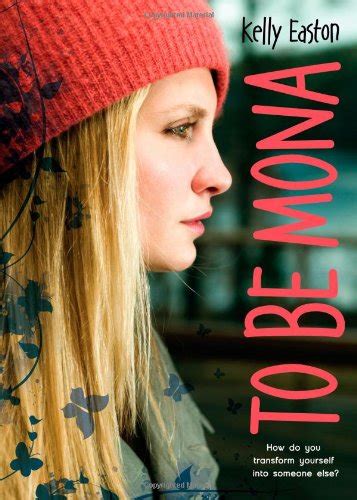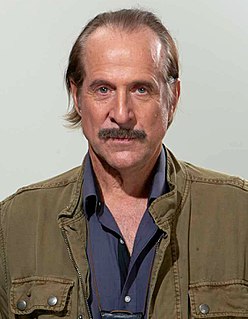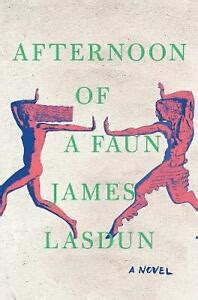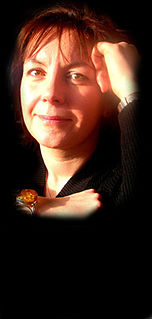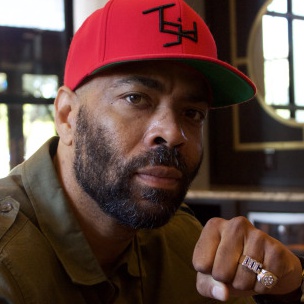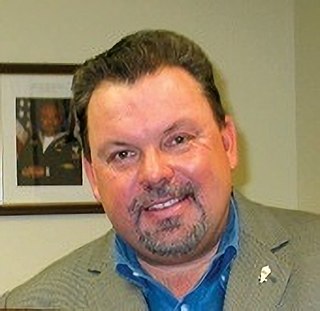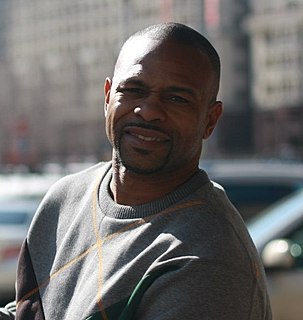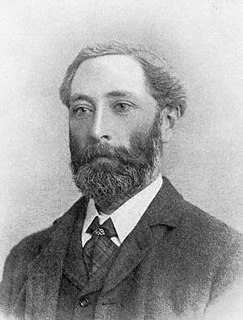A Quote by Claire Messud
The relevant question isn't, 'Is this a potential friend for me?' but, 'Is this character alive?'
Related Quotes
I felt him there with me. The real David. My David. David, you are still here. Alive. Alive in me.Alive in the galaxy.Alive in the stars.Alive in the sky.Alive in the sea.Alive in the palm trees.Alive in feathers.Alive in birds.Alive in the mountains.Alive in the coyotes.Alive in books.Alive in sound.Alive in mom.Alive in dad.Alive in Bobby.Alive in me.Alive in soil.Alive in branches.Alive in fossils.Alive in tongues.Alive in eyes.Alive in cries.Alive in bodies.Alive in past, present and future. Alive forever.
Maybe I'm perverse, but the question of "rooting" for a character, or setting out to write a character for whom other people will root, has never had anything to do with why I read or write fiction. As long as the writing and story remain alive, intense, invigorating, provoking, the characters can be as demonic or saintly as the author wants.
If you are happy, you are happy; nobody asks you why you are happy. Yes, if you are miserable, a question is relevant. If you are miserable, somebody can ask why you are miserable, and the question is relevant - because misery is against nature, something wrong is happening. When you are happy, nobody asks you why you are happy, except for a few neurotics. There are such people; I cannot deny the possibility.
So many writers come to class with one question dominant in their mind, 'How do I make a living from this?' It's a fair enough question and one I always try to answer well- but it saddens me that it so often overshadows the more relevant questions of 'why am I writing' and 'what am I saying' and 'how do I keep it honest.
I have a friend who lives in Los Angeles. In past conversations, we've discussed the differences between being a Christian in Nashville and being a Christian in L.A. In Nashville the question is not, "are you a believer?" The question is "where do you go to church?" My friend always used to tell me that if you decide to be a Christian in L.A., you have to be really serious about the decision you are making because you will be the minority. And Christianity is so exclusive. It's not popular to believe that there's only one way to Heaven.
The No. 1 quote critics give me is, 'Thom, your work is irrelevant.' Now, that's a fascinating, fascinating comment. Yes, irrelevant to the little subculture, this microculture, of modern art. But here's the point: My art is relevant because it's relevant to 10 million people. That makes me the most relevant artist in this culture.
In doing the research, I found myself consumed by a single, overwhelming question, as relevant today as it was seventy years ago: When would I, as a wife and mother, risk my life - and more importantly, my child's life - to save a stranger? That question is at the very heart of The Nightingale. I hope that everyone who reads the novel will ask themselves the question.
De Morgan was explaining to an actuary what was the chance that a certain proportion of some group of people would at the end of a given time be alive; and quoted the actuarial formula, involving p [pi], which, in answer to a question, he explained stood for the ratio of the circumference of a circle to its diameter. His acquaintance, who had so far listened to the explanation with interest, interrupted him and exclaimed, 'My dear friend, that must be a delusion, what can a circle have to do with the number of people alive at a given time?'

